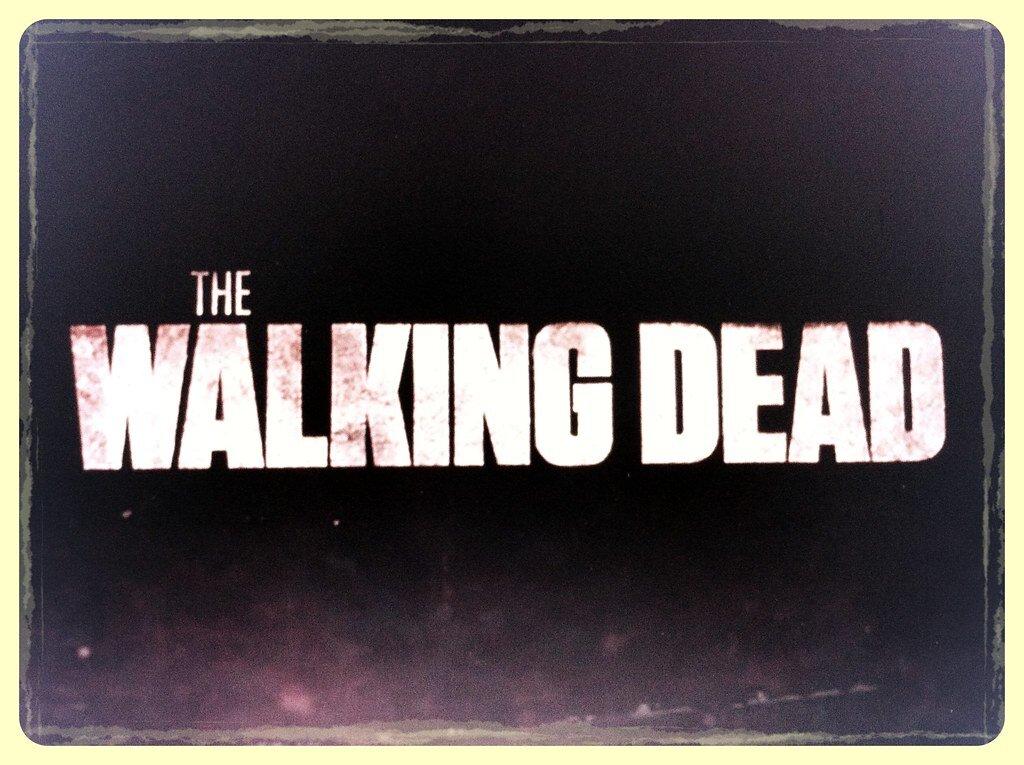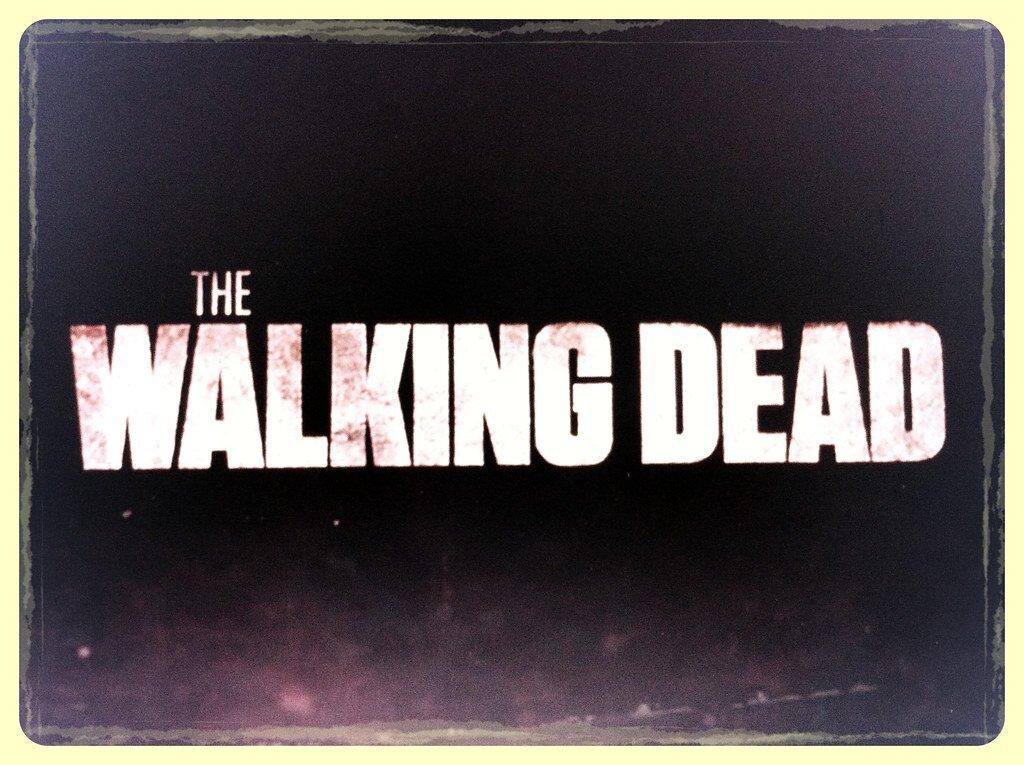From a threatening pandemic to raging fires, there is disaster at just about every corner. While many are stuck inside, whether it’s due to quarantining or bad air quality, television and streaming services seem to be the main source of entertainment. It’s not uncommon to wonder how much of a backlog of pre-COVID-19 television that hasn’t aired yet, and how production has truly changed during this time in our history.
Shows like AMC’s “The Walking Dead” were forced into a hiatus when production was halted during the start of the pandemic. According to Angela Kang, showrunner of AMC’s hit show, “We were deep into post-production on it when everything shut down. And we literally couldn’t finish it, because there were post processes that we couldn’t do in person when everybody was sent home.” “The Walking Dead” had only one more episode of season 10 left to film, and they weren’t allowed to finish up production until recently. The show is coming to a close in 2022, and the pandemic truly forced them to rethink their endgame before production could safely continue. Production of the show relies on a lot of machinery, computed-generated imagery and location-based scenery, a lot of which can’t be accessed from home. However, with masks and other safety precautions, AMC was given the go-ahead to continue production for the following seasons. They were determined to take the precautions seriously, “We have a former military infectious diseases specialist on the ground with us and an epidemiologist and all of that,” according to Kang. These types of precautions have proven to become the new normal, as it has almost become universal for production companies to have these types of medical officials on set.
Production companies hardly have any control over whether or not they can continue filming and production, and it is almost entirely up to the health experts to decide if things can continue to move forward. Elsa Ramo, an entertainment lawyer, owns a law firm that manages 100 films and 30 TV shows per year. A lot of her work has changed due to the pandemic, and her job has taken on a brand-new sense of urgency due to the new safety precautions. When asked about the biggest challenges in production, Ramo stated that, “There still isn’t any insurance to cover COVID claims, so whether liability rests with the studio or financiers has to be assessed on a production-by-production basis.” It’s no surprise that COVID-19-related claims aren’t fully covered by many insurances, because of how cases have been rapidly growing in the United States.
It’s apparent that television and movie production sets are now required to have epidemiologists and medical professionals on set during filming, and stars must be tested for COVID-19 before they can continue filming.
While much of production has changed for almost all of these sets, it doesn’t mean that it has completely stopped. As they say in show business, “the show must go on,” so that’s exactly what entertainment will do during this time in our history. On top of that, new content has to come out in order for the US population to stay entertained and engaged during this pandemic, including lots of new content on Netflix, HBO, and the Food Network.




































